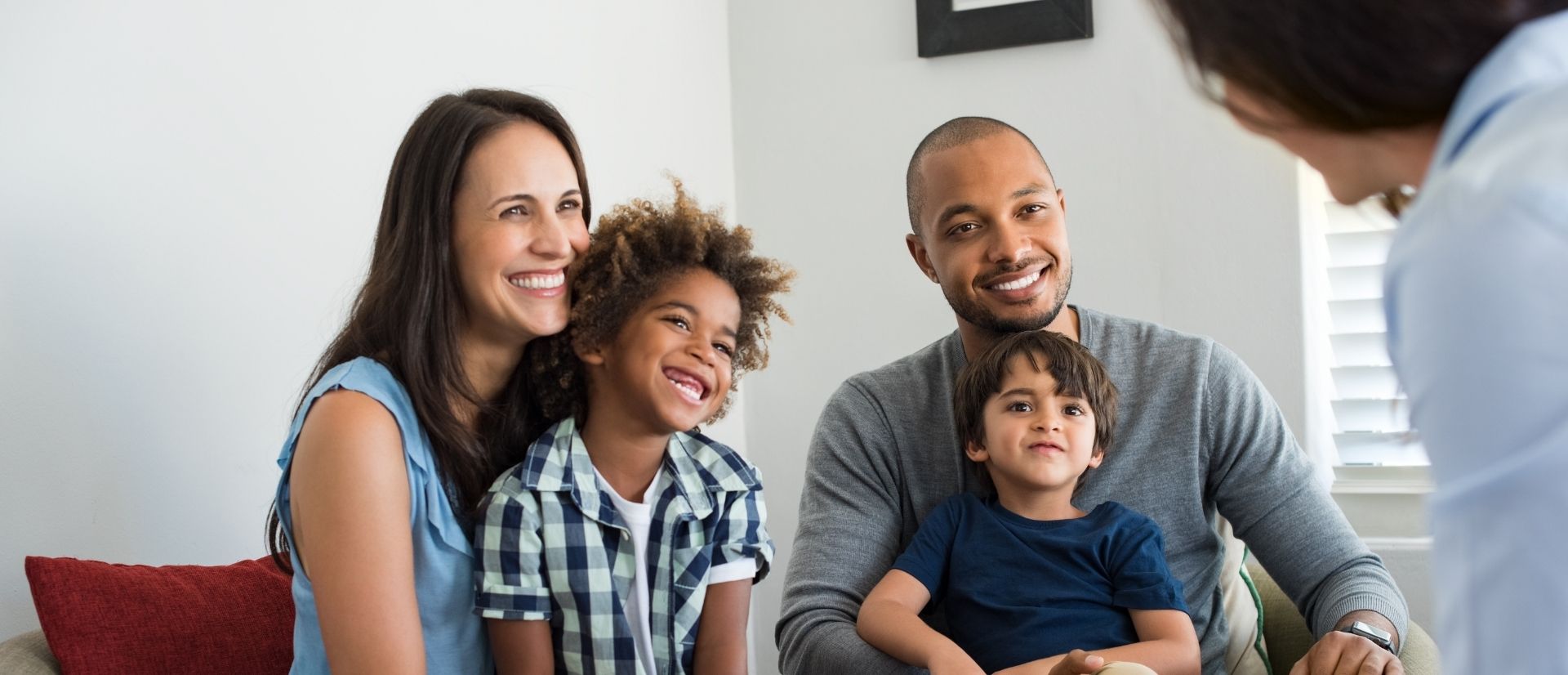Family Therapy
In today’s world, our families are faced with many stressors; including financial stress, marital stress, sexual stress, behavioural stress, etc. Family therapy or family counselling is designed to address specific issues that affect the psychological health of the family. It may be used as the primary mode of treatment or as a complementary approach.
The Benefits of Family Counseling
Family counselling aims to promote understanding and collaboration among family members to solve the problems of one or more individuals. For example, if a child is experiencing behavioural and academic problems, therapy will focus on the family patterns that may contribute to the child’s behaviour, rather than assessing the child’s behaviour alone. This will allow the family to uncover the cause of the problem, this will lead them to develop skills needed to support the child and other family members work collaboratively.
Family Therapy Approaches
Most forms of family counselling borrow heavily from Systems Theory, though there are others based on psychological approaches such as experiential, cognitive-behavioral, and psychodynamic. Family System Therapy contends that the internal dynamics of the family system can produce and sustain problematic behaviours in family members. All family therapy approaches are designed to help families improve communication, problem-solving, and coping skills, and enhance their sense of connection to one another.

Common reasons for seeking family therapy include:
- When a child is having a problem such as with school, substance abuse, mental illness
- A major trauma or change that impacts the entire family (i.e. relocation to a new house, natural disaster, a life-changing medical diagnosis of a family member)
- Unexpected or traumatic loss of a family member
- Adjustment to a new family member in the home (i.e. the birth of a sibling, stepchildren situation adoption, foster children, a grandparent entering the home)
- Domestic violence
- Sibling Rivalry
- Grief and Loss
- Substance abuse and Addictions
- Divorce
- Parent Conflict
- Parent Conflict Parent/Child Conflict
- Financial challenges
Positive Outcomes of Family Therapy
Family therapy can be helpful on many levels. A good course of family therapy helps:
- When a child is having a problem such as with school, substance abuse, mental illness
- A major trauma or change that impacts the entire family (i.e. relocation to a new house, natural disaster, a life-changing medical diagnosis of a family member)
- Unexpected or traumatic loss of a family member
- Adjustment to a new family member in the home (i.e. the birth of a sibling, stepchildren situation adoption, foster children, a grandparent entering the home)
- Domestic violence
- Sibling Rivalry
- Grief and Loss
- Substance abuse and Addictions
- Divorce
- Parent Conflict
- Parent Conflict Parent/Child Conflict
- Financial challenges


